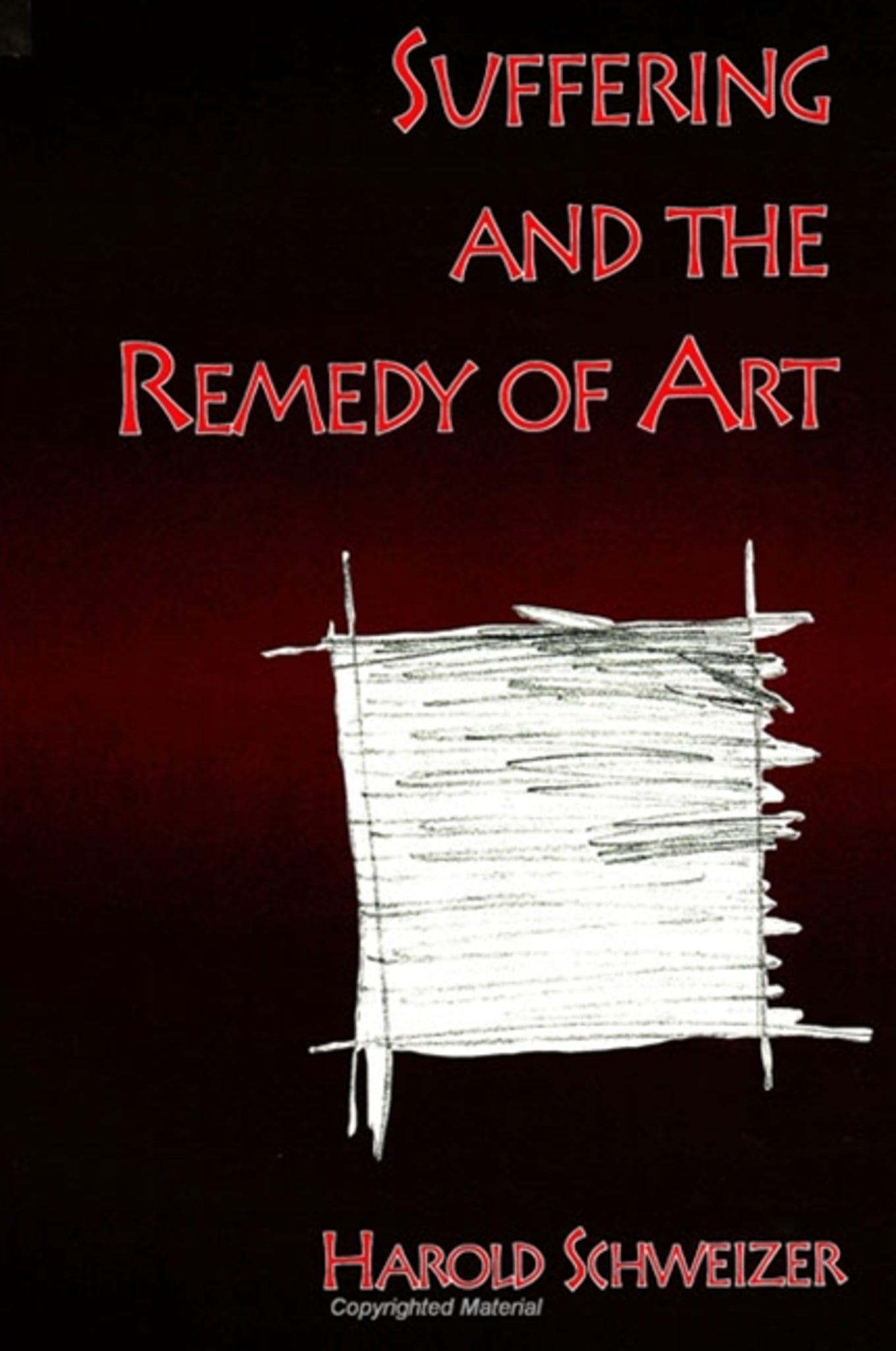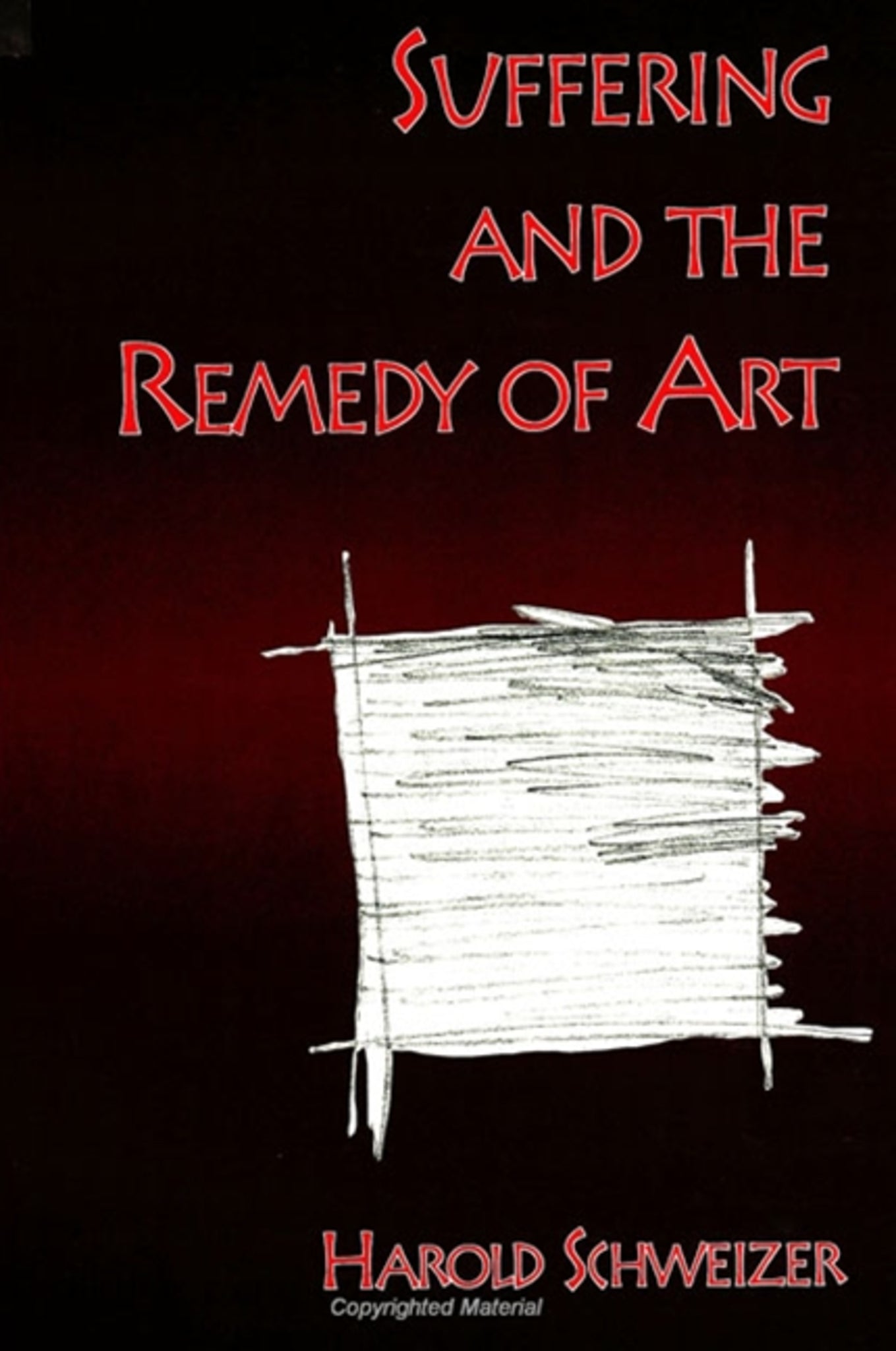We're sorry. An error has occurred
Please cancel or retry.
Suffering and the Remedy of Art

Some error occured while loading the Quick View. Please close the Quick View and try reloading the page.
Couldn't load pickup availability
- Format:
-
20 March 1997

This wide-ranging, interdisciplinary study of suffering and literature examines how literature can give expression to the essentially wordless reality of suffering.
This book suggests that a listening to suffering may profit from a literary hearing, and vice-versa. It is not only that literature tells of suffering but that suffering may tell us something about the nature of literature.
The author examines works and texts that range from medicine to literature, philosophy to photography, prose to poetry, and from Antigone to W.H. Auden. The book presents individual instances, real and literary, of physical and mental wounds and diseases, of pain and death, endured by a little girl in a burn ward, a boy wounded in the war in Bosnia, a nameless Vietnamese woman, Job, Antigone, as well as a number of mostly lyrical elegists: a survivor of the holocaust, a wife bereft of her husband, a daughter bereft of her father. The autonomy of each chapter suggests that experiences of suffering are always incomparable. One must in every instance begin again and enter the scene of suffering on its own terms: the radically individual nature of suffering is prior or past to any theory or set of generalizations.


"This book exhibits cumulatively the vast and deep implications of the notion of suffering. The author shows not only the various ways in which suffering resists analysis by conventional philosophical, scientific, and psychoanalytic categories but examines a broad array of literary endeavors to overcome that resistance.
"What emerges from this examination is that suffering occupies a unique position in the universe of modern thought and letters: it is arguably the most private, and most primordial, experience. Its very nature is such that it cannot be communicated to others, except in the most compromised modes of expression: pictures, photographs, gestures, breathing, and the vast heritage of rationally ordered concepts. The author shows that what compromises all of these (especially conceptuality) is their status as language: they are always translations into a public medium of an intimate experience which is in many ways pre-linguistic. The language of translation (whichever of these modes it may be) always inflects the 'pure' experience with its own nature, always absorbs it as an intelligible element into its own falsifying structure." — M.A.R. Habib, Rutgers University
Acknowledgments
Introduction
I. Suffering in Truth and Theory
1. To Give Suffering a Language
Literature and Medicine
Arthur Kleinman's Case of the Little Girl
2. Coverings/Apertures: The Invisibility of Suffering
Barthes on Photography
The Newsweek Cover of May 10, 1993
P. J. Griffiths' Photograph
3. Suffering as Metaphor
Nietzsche's Remedy of Art
Freud's Narrative Cure
II. Tragic Suffering
4. Job or the Meaninglessness of Suffering
Job's Silence
Job Speaking
God Speaking
Job's Restitution
5. Antigone or the Secrecy of Suffering
Antigone's Suffering
Kierkegaard's Antigone
Philippe Lacoue-Labarthe's Antigone
Antigone's Suicide
6. Lear or the Causelessness of Suffering
Suffering Love
III. Suffering and the Remedy of Art
7. Matthew Arnold: The Modern Painful
Modern Problems
Beyond Tragedy
8. Robinson Jeffers' Aesthetic of Pain
Nature
The Shining
The Unavailability of Tragedy
9. Lyric Suffering in W. H. Auden and Irving Feldman
Auden's "Musée des Beaux Arts"
Feldman's "Bystander at the Massacre"
10. Paul Celan: Suffering in Translation
Edward Hirsch's "Paul Celan..."
Celan's German
Atemwende
Translating Celan
11. The Failure of the Remedy of Art
Sylvia Plath's Ariel
Robert Lowell's Day by Day
12. The Matter and Spirit of Death
Sharon Olds' The Father
Tess Gallagher's Moon Crossing Bridge
13. Suffering and Sainthood
Annie Dillard's Holy the Firm
14. The Remedy of Writing
Raymond Carver's "Blackbird Pie"
15. The Redemption of Remembering
Denis Donoghue's Warrenpoint
Afterword
Index



